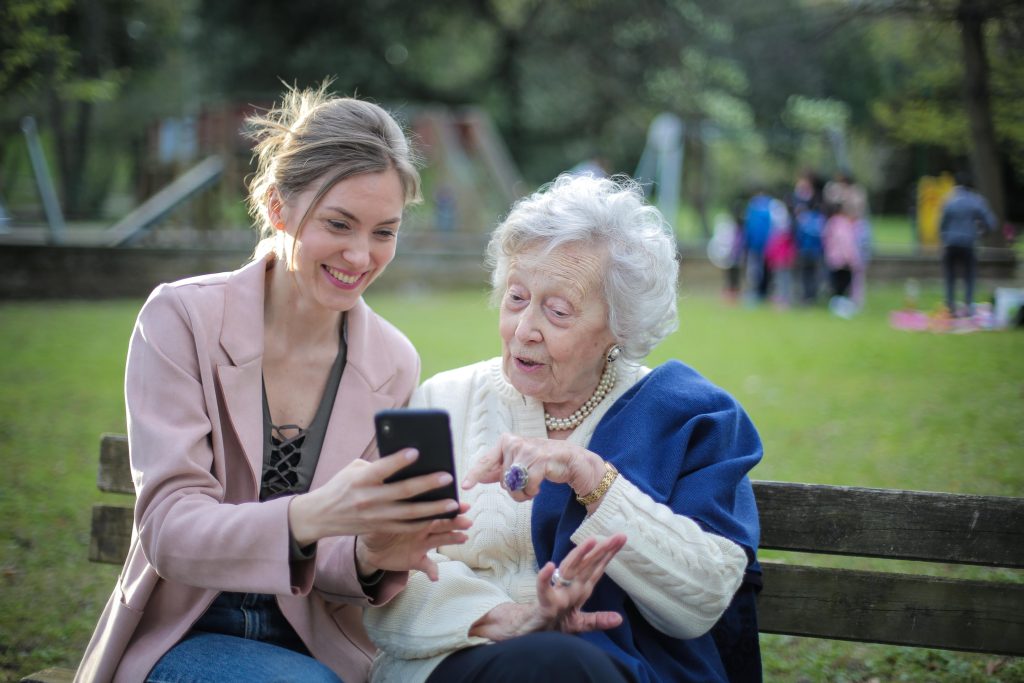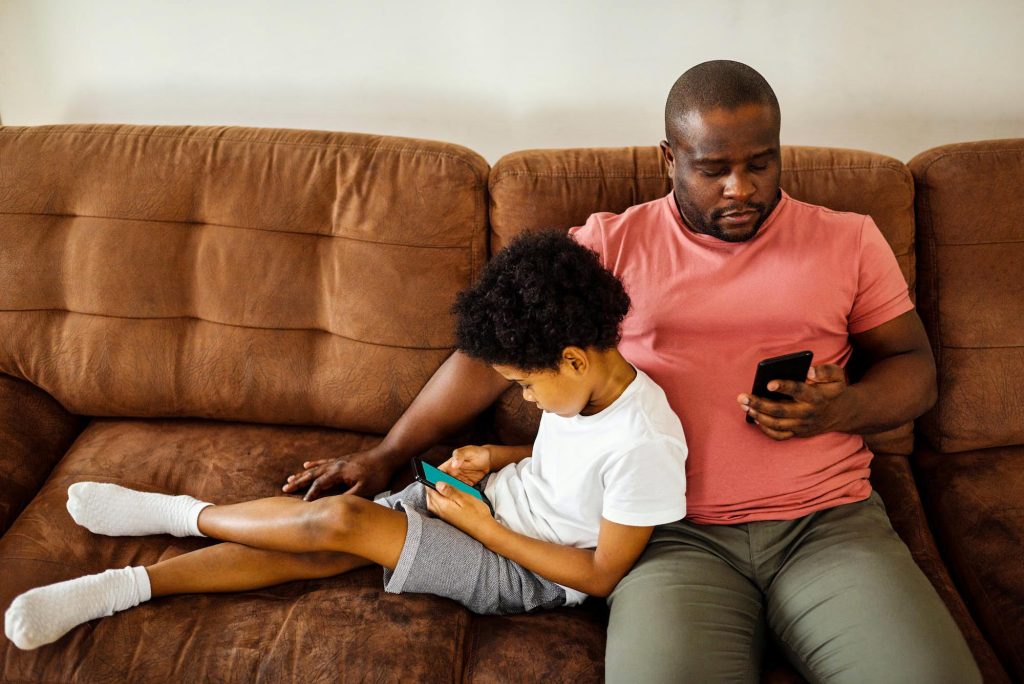A funny thing happened on the way to the forum.
During a recent trip, my enquiry into departure times for the shuttle bus connecting sites of Pompeii was met with a bark of, “Check the internet!”
The response – “I can’t” – prompted a raucous guffaw.
It’s an in-your-face reminder of how smartphones have transformed our way of life – and thinking – since emerging two decades ago. Thanks to wireless technology, connectivity and pocket supercomputers have become ubiquitous.
With it, there’s an assumption that everyone owns a smartphone. And – as with Pompeii’s absent bus timetable – without one, you get left behind.
The Inconvenience of Universal Accessibility
Smartphones certainly have their advantages. As the COVID-19 pandemic reminded us, multiple people touching the same surfaces risks spreading disease. Doing everything – everything! – on a personal screen bypasses the infection lottery.
As a result, the devices became a kind of ‘health passport’ by default. Vaccination appointments and certificates were digitised. Apps were designed to tell us to isolate after coming in contact with infected strangers.
Analogue options – if available – seemed to come as an afterthought. In an already difficult period, living offline made it even harder.
It’s an issue that bleeds into the everyday, too.
Plenty of functions have gone digital. Increasingly, QR codes replace printed menus. Business cards are giving way to Bluetooth data transfers. Tickets are rarely printed. Even some sustainability options – like Too Good to Go, which allows frugal shoppers to grab perishable goods on the brink of their sell-by date for next to nothing – are only possible via an app.
A New Social Divide
Digitisation is brilliant! At least, if you have the equipment to make use of it. Many don’t.
As 2024 commenced, Germany had the highest smartphone penetration (ownership) rate in Europe: 80%. Globally, as many as three quarters of people are projected to be using mobile devices exclusively to access the internet by 2025.
Impressive stats. But that leaves a significant proportion of us offline, at least when we’re out and about.
And while smartphone sales are still rising, there seems to be a resurgence in ‘feature phones’ – also known by the questionable name ‘dumb phones’ – among youngsters opting for a digital detox. There will always be those without a smartphone.
The issue is that this can lead to a new form of alienation during consultation exercises.

(File)path to Participation
Participation is central to understanding the diverse needs of citizens and gathering their innovative solutions.
It’s fair to say that many experts approach consultation work using a hybrid of data collection methods – on- and offline.
However, consistently among CityChangers, there seems to be a bias towards digital tools.
This almost always requires respondents to use their own devices. Even the audio tour at Pompeii has shifted from rented handsets to personal smartphones.
It feels a similar imposition as cars. Cities are built around roads to accommodate them. So, to fully benefit from the design of a city, we require a car.
By overlooking that not everyone has a smart, wireless device, on them at all times, we’re manufacturing a new form of social exclusion in the same template.
Mobility is a great example. MaaS expert, Dagmara Wrzesińska, advocates for inclusive, convenient, integrated city-wide transport systems. But, she admits, these currently only benefit the digitally literate. “I don’t see my grandmother calling an Uber,” Dagmara told me recently.
In fact, the most marginalised are worse affected: people without a smartphone are far more likely to be elderly or part of a vulnerable group.
A WhatsApp’d Word to the Wise
Let’s be careful not to homogenise or make assumptions based on a single characteristic, though.
In a discussion about her project, The Art of Belonging, Dr Joanna McIntyre told me that for many young forced migrants – some of the most vulnerable individuals in European cities – a smartphone “is genuinely their lifeline”.
Often it’s their only possession. These devices are a connection to the people and cultures they left behind, as well as a tool for finding and accessing new communities locally.
At their best, smartphones – and more generally the internet – are wonderful tools that allow us to find and be part of our tribe, wherever it is in the world. What a gift!
It’s only the assumption that we all live this way that aggravates a divide.
Which is why we should get smarter, not our ‘phones.

Simplicity in the City
The digitised world provides data that reveals so much about how we interact with the city. This can be used to inform and improve services. But those services need to be accessible for everyone. And if not everyone is feeding that data, the responses won’t be fully representative. Initiatives built on the digital-only results are marred with bias and exclusion.
In a recent talk for Women Mobilize Women, Veronica O. Davis spoke of how municipal meetings can be more inclusive for marginalised communities. It makes a huge difference to simply take the discussion out of city hall and onto the street.
Common denominators often facilitate maximum inclusion. While few of us enter municipal buildings, we all use streets.
So, although activities like filling in the census, paying bills, renting e-scooters, and participating in public consultation exercises can be done digitally by most, there are other ways that we can all participate. So, let’s give people choice and grant every citizen equal access.
Authorities and businesses dealing with municipal issues must learn to diversify. Go out with pen and paper. Talk to people face-to-face. Disseminate information in safe, inclusive, and multiple public arenas.

Breaking down barriers to engagement is harder than not building them in the first place. So let’s not assume we’re all the same. It will always exclude someone. Let’s not fall into the trap, either, of thinking that we’re all moving on at the same pace.
If it’s impossible to avoid digitising a service, at least provide public dashboards where anyone can access the online world.
A screen showing bus departures in Pompeii may not be in keeping with the Ancient Rome aesthetic, but it would have saved you from reading this!


